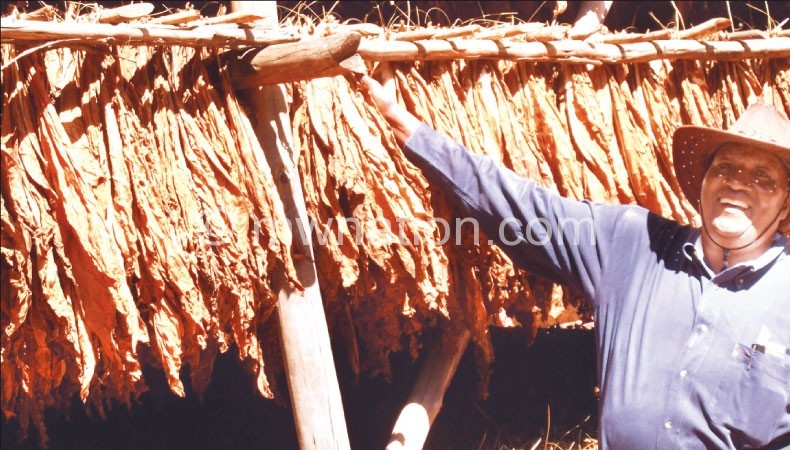Turning agriculture into business

Malawi is described as an agro-based economy with more than 80 percent of its people engaged in farming. Most of these people practise subsistence farming aimed at achieving food security at household level.
Few Malawian farmers practise commercial farming as compared to other countries such as South Africa. One of these rare commercial farmers in Malawi is 60-year-old Alfred Kapichira Banda from Nambamba Village, Traditional Authority (T/A) Chakhaza.
When Banda was doing his secondary education at Likuni Boys Secondary School in Lilongwe, he realised that most people were getting white collar jobs once they completed secondary education.
When he completed his secondary education, Kapichira Banda wanted to be different. So, he went back home to engage in commercial farming.
“I knew that I was good at agriculture because I had grown up in a family which was doing agriculture. However, I started this in a different way by ensuring that my agriculture should be profit oriented. I took agriculture as business at a very early stage,” says Kapichira Banda who started farming in 1979.
In his book, Embracing Your Inner Courage, Sam Zeph Atiemo, an entrepreneurship consultant, said successful entrepreneurs are always looking for something different. That is what Banda exactly did. While his friends were flocking to Lilongwe and other places in search of greener pastures, Kapichira Banda stayed in the village to passionately engage in farming.
“I did not want to join farming just for the sake of producing food for my wife and children. I wanted to take farming as a job and business which can bring financial fortunes in my life,” he says.
Today, Kapichira Banda can be described as a prosperous man who acquired wealth through agriculture. He grows tobacco, maize and soya beans, among other crops. He also rears goats, cattle, pigs and local chickens.
He says through farming, he has managed to raise and educate five children. Kapichira Banda possesses two trucks, two houses in Lilongwe and three at Mponela in Dowa. He also has houses at Madisi Trading Centre in Dowa. “Recently, I also bought maize mills,” says Banda.
Despite the wealth that he has accumulated, Kapichira Banda still lives in a rural setting.
“Many people go and settle in the city because there are good houses. But I have a good house right here in the village; hence, there is no need for me to move,” he says.
Kapichira Banda says the secret behind his successes is that he moves with time.
“Nowadays, many farmers who are not business oriented still practise traditional farming. But in my case, I take farming seriously because I want to make a lot of money at the end of each year. Therefore, I make sure that I invest a lot by buying chemicals for my crops and feeding well my livestock,” he says.
Kapichira Banda first finds a market before he grows his crops. Currently, he sells maize and beans to seed manufacturing companies. He advises smallholder farmers in the country to form farming groups to sell their produce collectively.
Kapichira Banda is also president of Famers Union on Malawi (FUM). He ascended to this position following the resignation of Felix Jumbe, who joined politics and was elected Member of Parliament for Salima Central Constituency.





